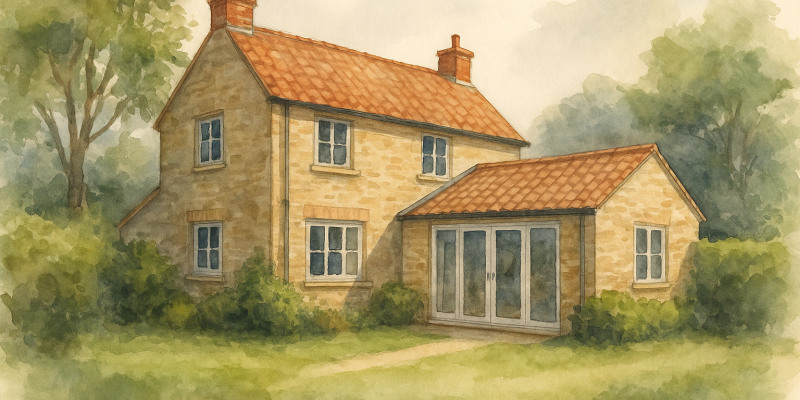How to Get Planning Permission in Dorset & Somerset – Step-by-Step Guide
Applying for planning permission can feel overwhelming, especially with the varied rules across Dorset and Somerset. Whether you’re adding a rear extension, converting your loft, or building a new home, understanding the process will save you time, money, and stress.
This step-by-step guide explains exactly how to secure planning permission in Dorset & Somerset, based on our local experience at Celona Consulting.
1. Do You Need Planning Permission?
Not every project requires a full application. Some works are covered by Permitted Development Rights. However, you’ll usually need planning permission if you are:
-
Building a new house
-
Extending beyond PD limits
-
Converting lofts with dormers facing the street
-
Altering or extending a listed building
-
Making changes in a conservation area
Always confirm with your local council or a planning consultant before starting work.
2. Check Local Planning Policies
Each council in Dorset and Somerset has a Local Plan, which sets out what development is acceptable. These cover:
-
Design & materials
-
Neighbour impact
-
Heritage & conservation rules
-
Flood risk & sustainability
Key local authorities:
-
Dorset Council
-
Bournemouth, Christchurch & Poole (BCP) Council
-
Somerset Council
Early research will help avoid costly refusals.
3. Prepare Your Drawings & Documents
A successful application needs clear, accurate plans. Typically, you’ll need:
-
Existing and proposed drawings
-
Location & block plans
-
Design & access statement (for larger schemes)
-
Heritage statement (for listed/conservation properties)
Professional design input ensures compliance with policies while maximising what you can achieve.
4. Submit via the Planning Portal
Most applications are made online through the Planning Portal. You’ll need to upload your forms, plans, and supporting documents, then pay the application fee.
5. Validation & Consultation
The council checks your application is complete (validation). Once accepted, neighbours and statutory bodies (such as highways or conservation officers) may be consulted.
6. Planning Officer Review
A case officer assesses your proposal against local and national policies.
-
Householder applications – usually decided within 8 weeks.
-
Major developments – usually 13 weeks.
Some decisions are delegated to officers, while others may go to a planning committee.
7. After the Decision
-
Approval: Your permission may include conditions – these must be discharged before starting work.
-
Refusal: You can revise and resubmit or appeal. A consultant can advise the best route.
Need help with planning permission in Dorset or Somerset?
Contact Celona Consulting today for a free consultation. We’ll review your project and guide you step by step from design through to approval.

